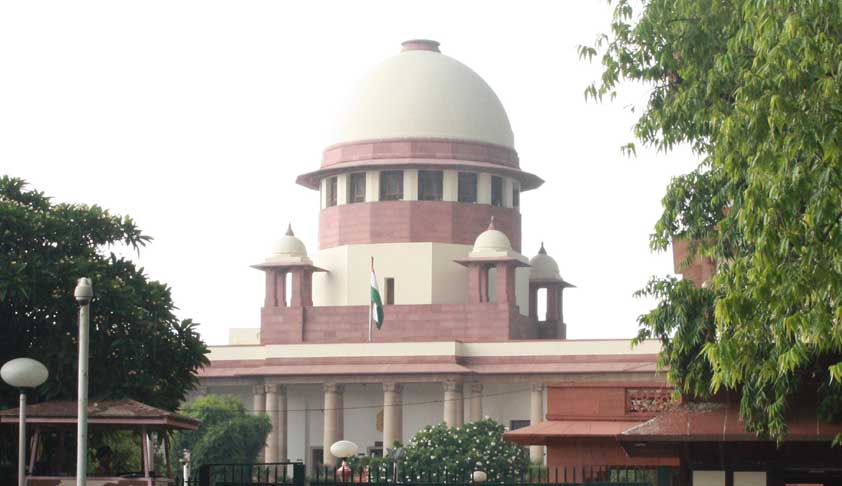Supreme Court Guidelines; Factors to be kept in mind while hearing appeal against acquittal
LIVELAW NEWS NETWORK
9 April 2014 8:29 PM IST

Next Story
9 April 2014 8:29 PM IST
A Supreme Court Bench consisting of Justices R.M.Lodha and Shiva Kirti Singh today issued Guidelines to the Courts below on the factors to be considered while hearing Appeal against Acquittal. In Muralidhar @ Gidda vs. State of Karnataka[Criminal Appeal Number 551/2011] the Supreme Court while setting aside the Karnataka High Court Judgment which reversed the order of acquittal passed by...
